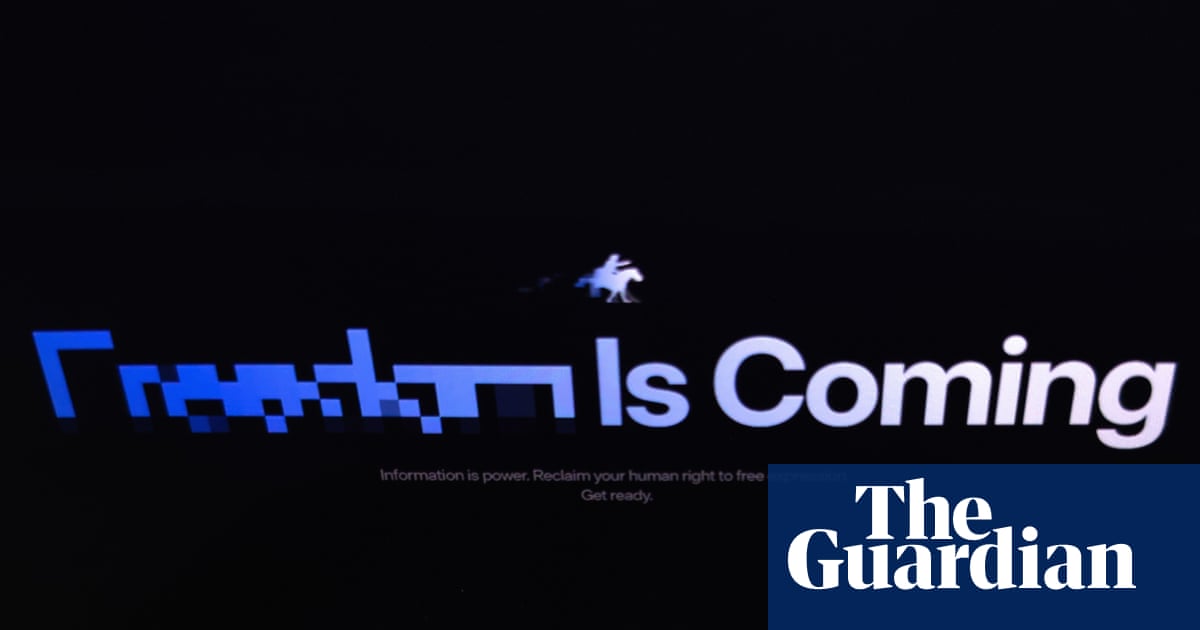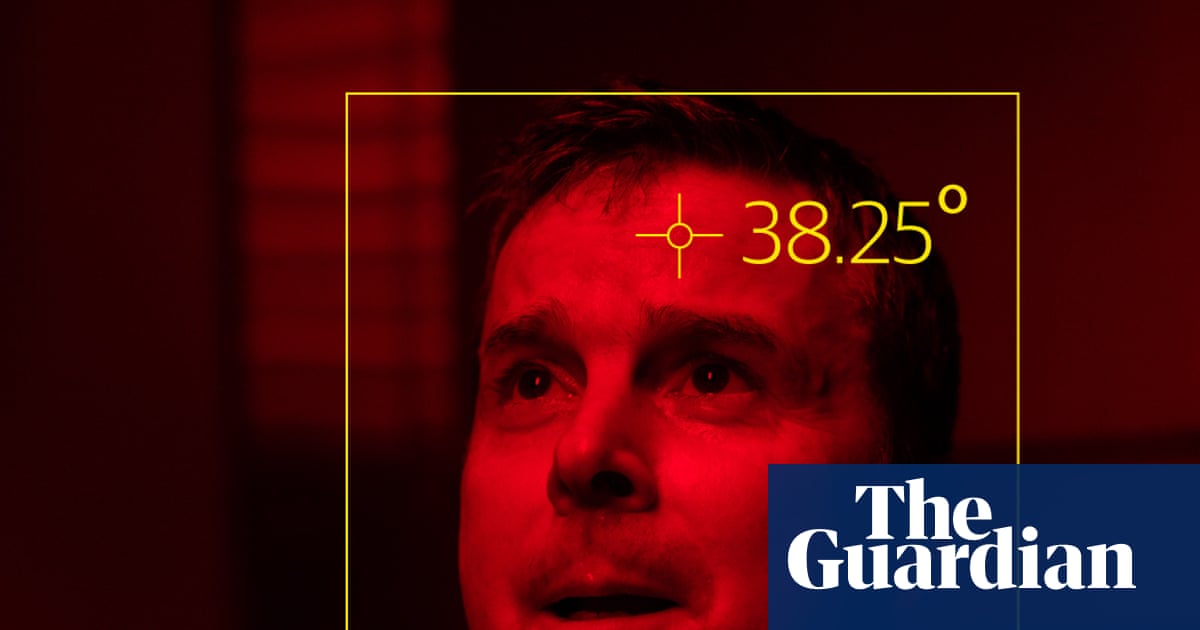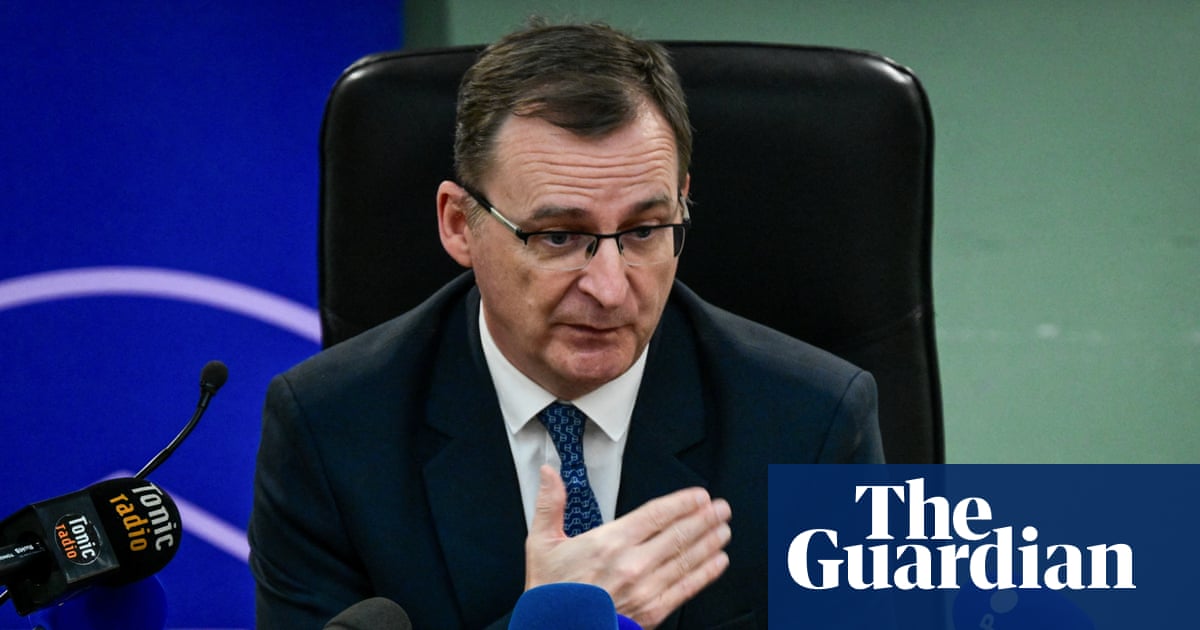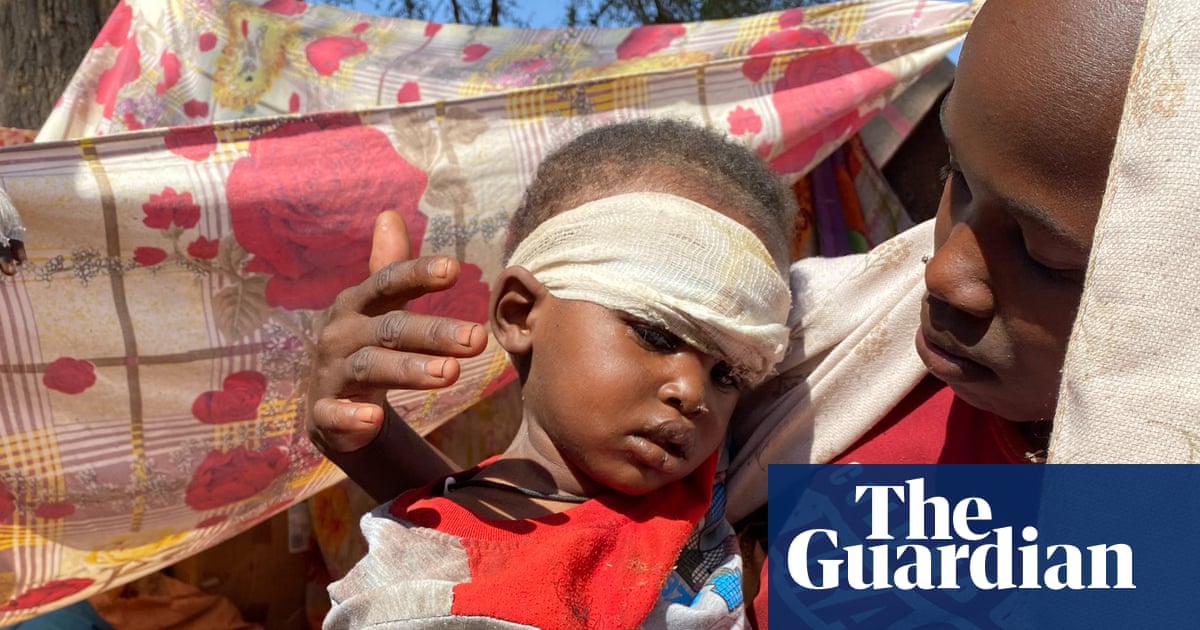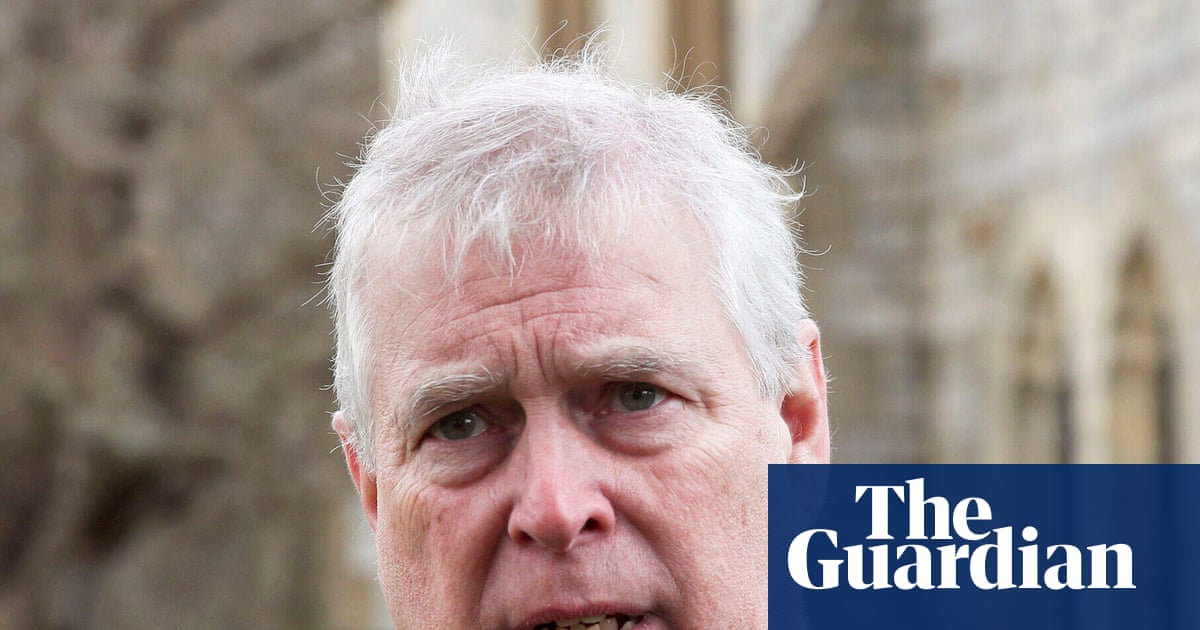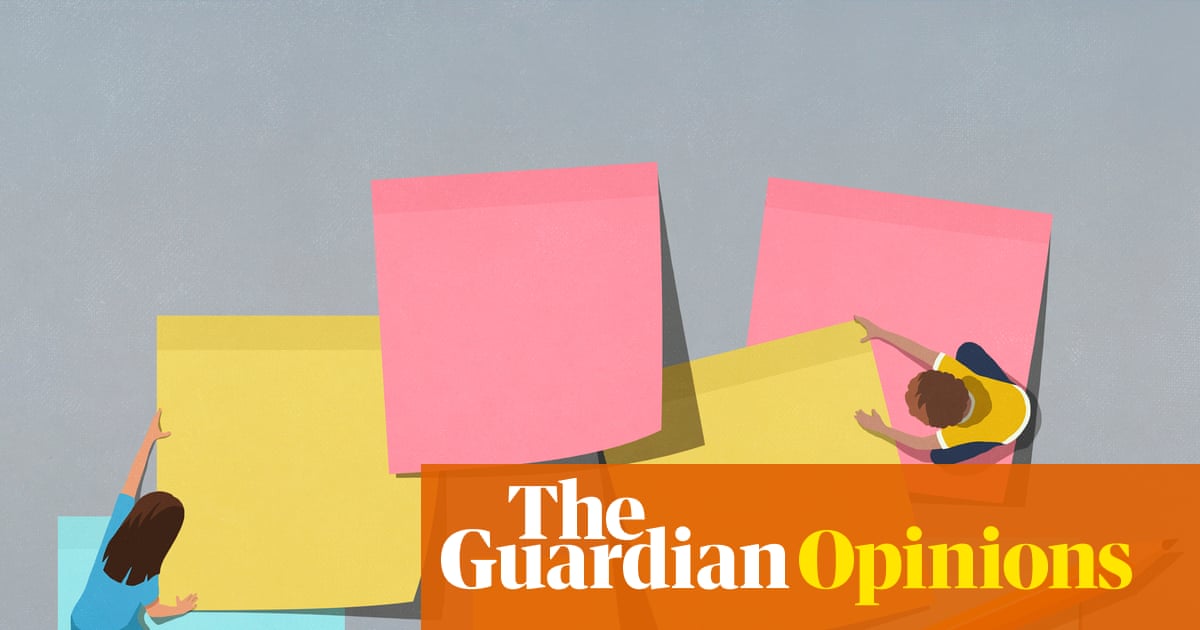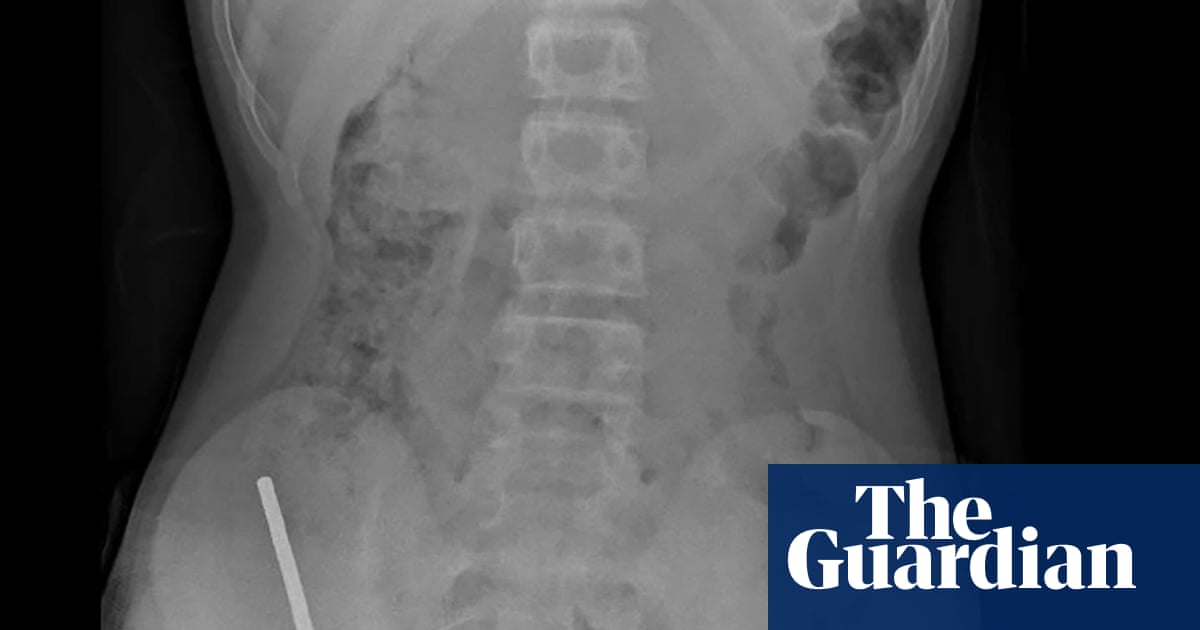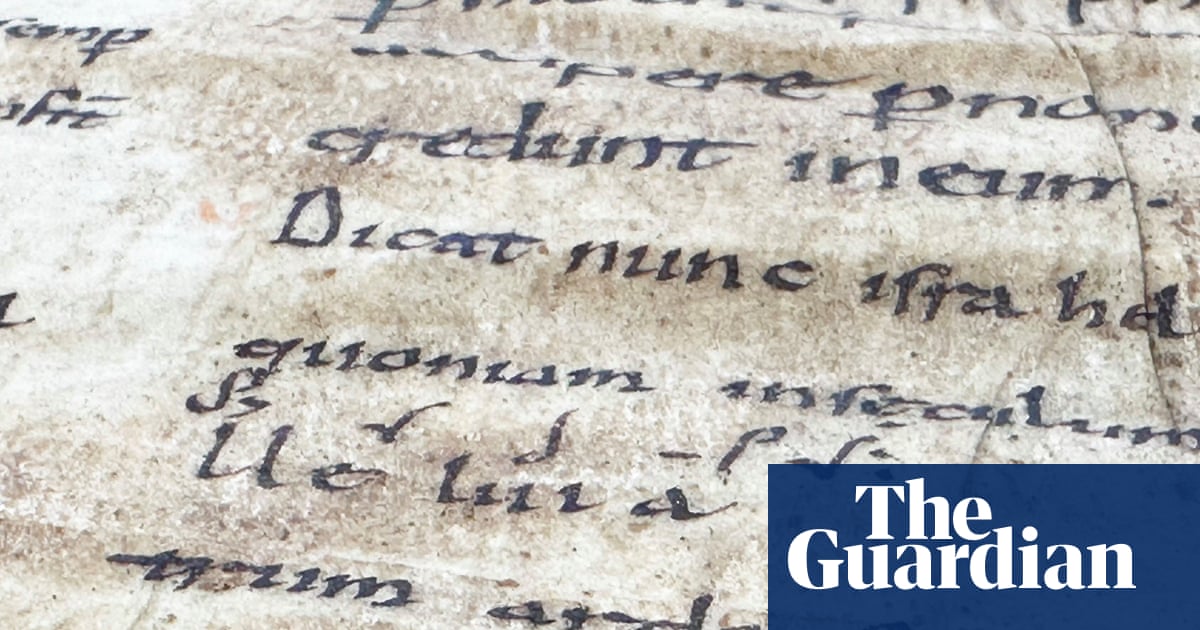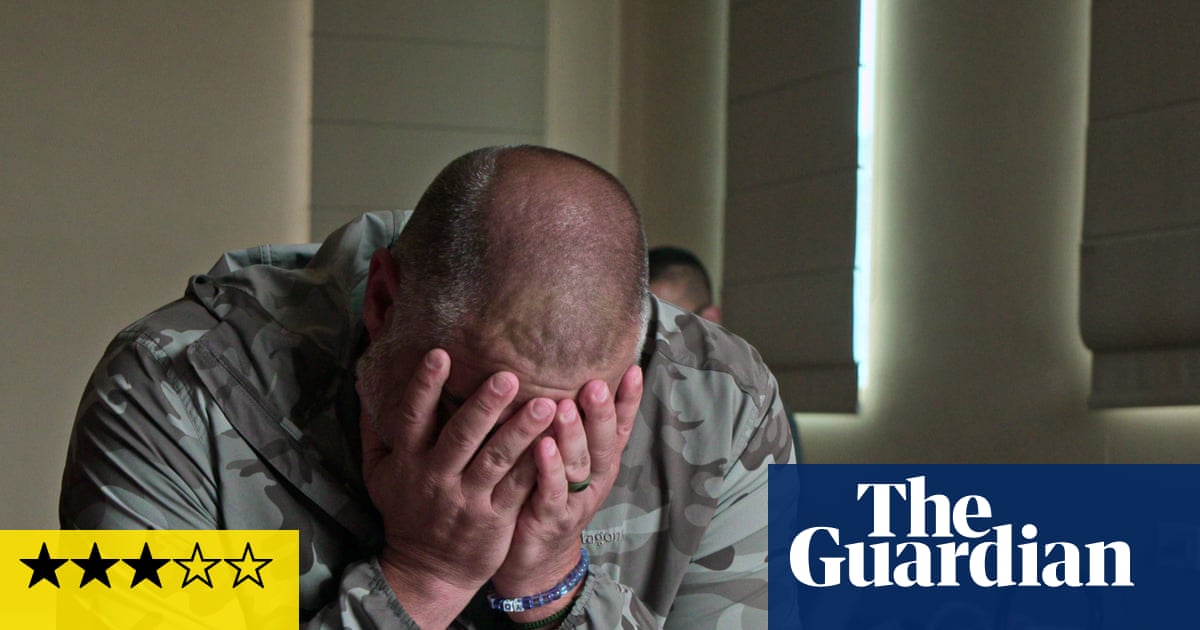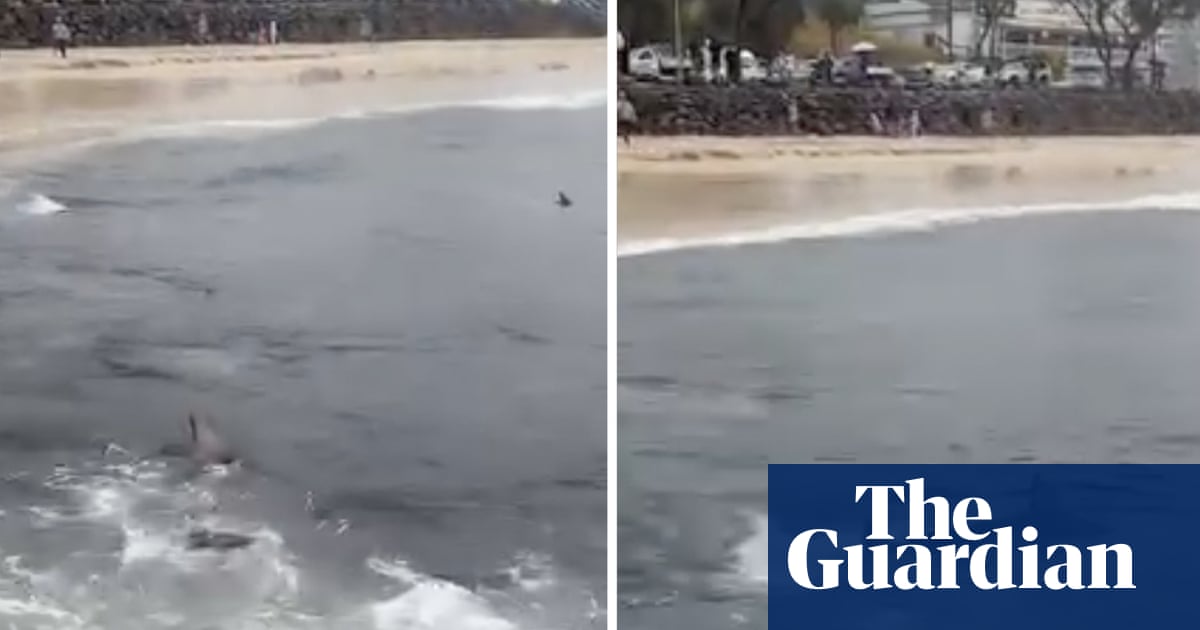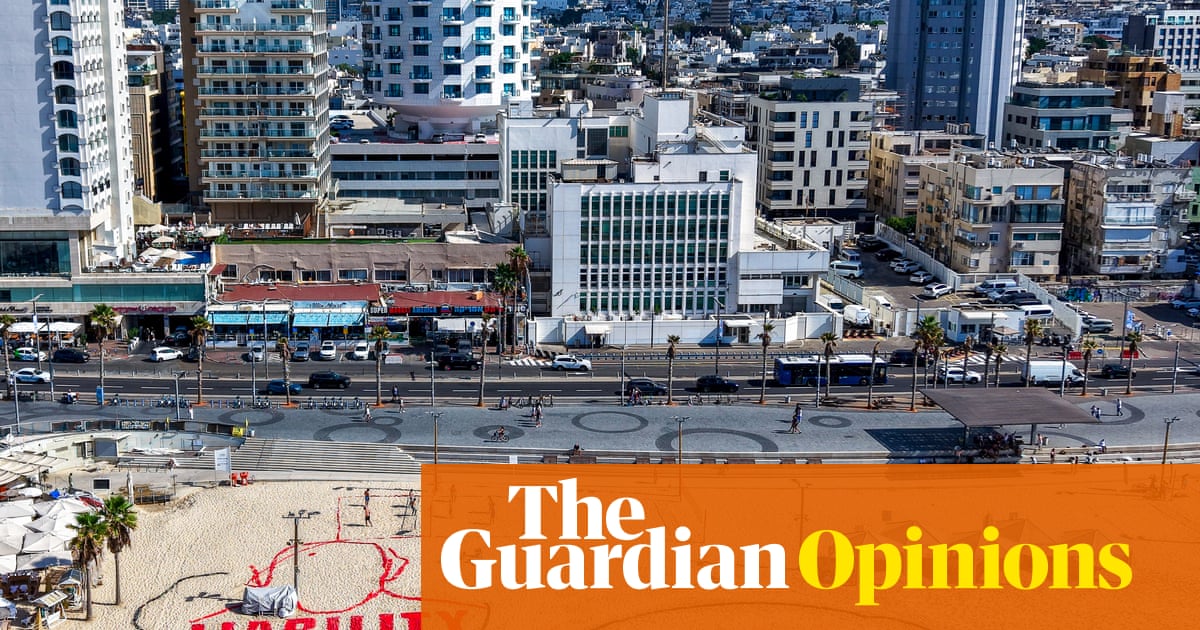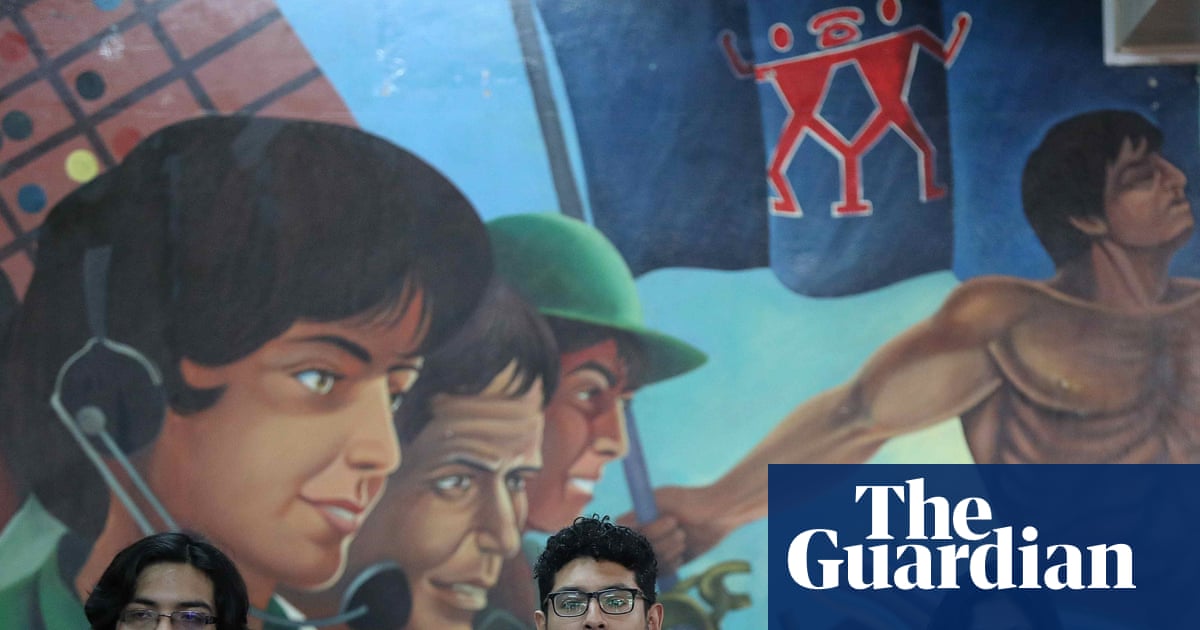Israel must allow aid into Gaza, and its restrictions on doing so over the past two years have put it in breach of its obligations, the UN’s top court has found.
The stinging advisory opinion by the International Court of Justice in The Hague also found that Israel had a duty not to impede the supply of aid by UN organisations including the beleaguered UN Palestinian relief agency Unrwa, which has been in effect banned from the territory since January.
The court found Israel had not produced adequate evidence to justify ending cooperation with Unrwa on the basis it was not a neutral organisation under the Geneva conventions.
The court instead found the organisation was the backbone of all humanitarian assistance in the area, requiring Israel to cooperate with the organisation in good faith.
The ruling that Israel has violated the UN’s immunities as set out in the UN charter, as well as ignored its humanitarian obligations as an occupying power under the Geneva conventions is bound to lead to further calls for Israel’s suspension from the UN.
It is also possible that some countries will now claim that the UN secretary general António Guterres should seek damages from Israel for breaching the immunities of UN staff premises and entities inside occupied Palestine, by bombing them and ending cooperation with Unrwa. Israel has paid compensation in one previous case nearly 40 years ago.
Israel dismissed the ICJ findings. In a message on social media platform X, Israel’s foreign ministry said it categorically rejected the court’s findings and added: “Israel fully upholds its obligations under international law.”
The ICJ ruling came in the form of an advisory opinion after a request from the UN general assembly in December prompted by Israel’s parliament in October ending all cooperation with Unrwa claiming the organisation had been irrevocably infiltrated by Hamas in Gaza. Unrwa rejects that claim, and the ICJ found that Israel hadn’t “substantiated the allegations”, ICJ president, Yuji Iwasawa said.
The ICJ findings – including an assertion that the humanitarian position inside Gaza remained catastrophic and massive casualties had occurred – took well over an hour to read and were mostly agreed by 10 votes to one by the Judges.
Norway, the country that instigated the proceedings at the UN, said it will seek to pass a resolution at the UN general assembly based on the court’s damning findings.
Andreas Kravik Norway’s deputy foreign minister, said: “It has been Norway’s position for a long time now that Israel has an obligation to facilitate aid being delivered to Palestinians in Gaza and the West Bank, and that UN humanitarian organisations and third countries can deliver life-saving aid to Palestinians. This ICJ decision confirms that the UN should be responsible for delivering aid, and this is in line with what is set out in the Trump plan.
“We would expect Israel now to comply and we hope that will mean that the UN will be granted full access. We now expect Israel in line with the court opinion also to grant access not just to the UN but to the NGOs who are ready, willing and able to help.”
In one of the most damning findings, the court said that Israel as occupying power is under a duty not to use starvation as a method of warfare pointing out that Israeli government blocked all UN aid into Gaza from 2 March to 18 May. The court found that the Gaza Humanitarian Foundation, the aid agency set up by Israel, was not an adequate substitute, and that its existence did not relieve Israel from the charge that it was using starvation as a method of warfare.
More than 2,100 Palestinians had been killed near its distribution points, the ICJ found. Conditions continued to worsen and international food experts declared a famine in parts of Gaza in August.
The judges found that the mass transfers or deportations of a population in an occupied territory is prohibited under the Geneva conventions. It said that Israel had no right to block aid, or force hundreds of thousands of people into crowded areas or to restrict the presence of UN “to a degree that creates conditions of life that would force the population to leave”.
The court also found that regardless of its duties as an occupying power, Israel as a member of the UN had a duty to cooperate with the body.
The two Knesset laws unilaterally passed in October ending all cooperation with Unrwa in the occupied territories was unlawful since the laws made it impossible for Unrwa to carry out the mandate to provide aid. The court said 360 Unrwa staff had been killed during the conflict.
Israel, the court found, had a duty to respect the immunities and privileges granted to the UN, its entities, properties and its personnel to operate in the occupied territories. It said those immunities in the occupied territories do not cease to function at a time of war, and as a result schools, hospitals and other premises run by Unrwa must be treated as inviolable. The court found that it was for the UN in time of conflict to decide if it has lost control of its premises, and the immunity is forfeited. It also said Israel has a duty to respect the immunities of the UN personnel so long as they were acting in its official capacity in the occupied territories, defined in a previous ICJ opinion as the Gaza Strip the West Bank and East Jerusalem.
The court also found that Israel is obliged to allow the International Committee of Red Cross access to Palestinian prisoners held inside Israel.
Although the court found Israel as the occupying power had a right to inspect consignments, it said Israel could not exercise those rights in a manner that undermines the performances of its basic obligation to ensure food essential to the survival of the civilian population.
Aid levels remained inadequate the court said. Nor can an occupying power invoke reasons of security to impose a general suspension of aid.
The court found that an “occupying power must do more than simply allow the passage of essential items into the occupied territory. It must also use all means at its disposal so that these items are distributed in a regular, fair and non-discriminatory manner, including by facilitating access to them and refraining from threats or use of violence or lethal force against the civilian population seeking to access such humanitarian aid”.
Separately the director of the World Health Organization Tedros Adhanom Ghebreyesus said even now aid levels reaching Gaza were still being restricted. Tedros said the position remained “catastrophic and beyond words” and that Gaza was experiencing a health “catastrophe” that will last for “generations to come”.

 3 months ago
63
3 months ago
63

